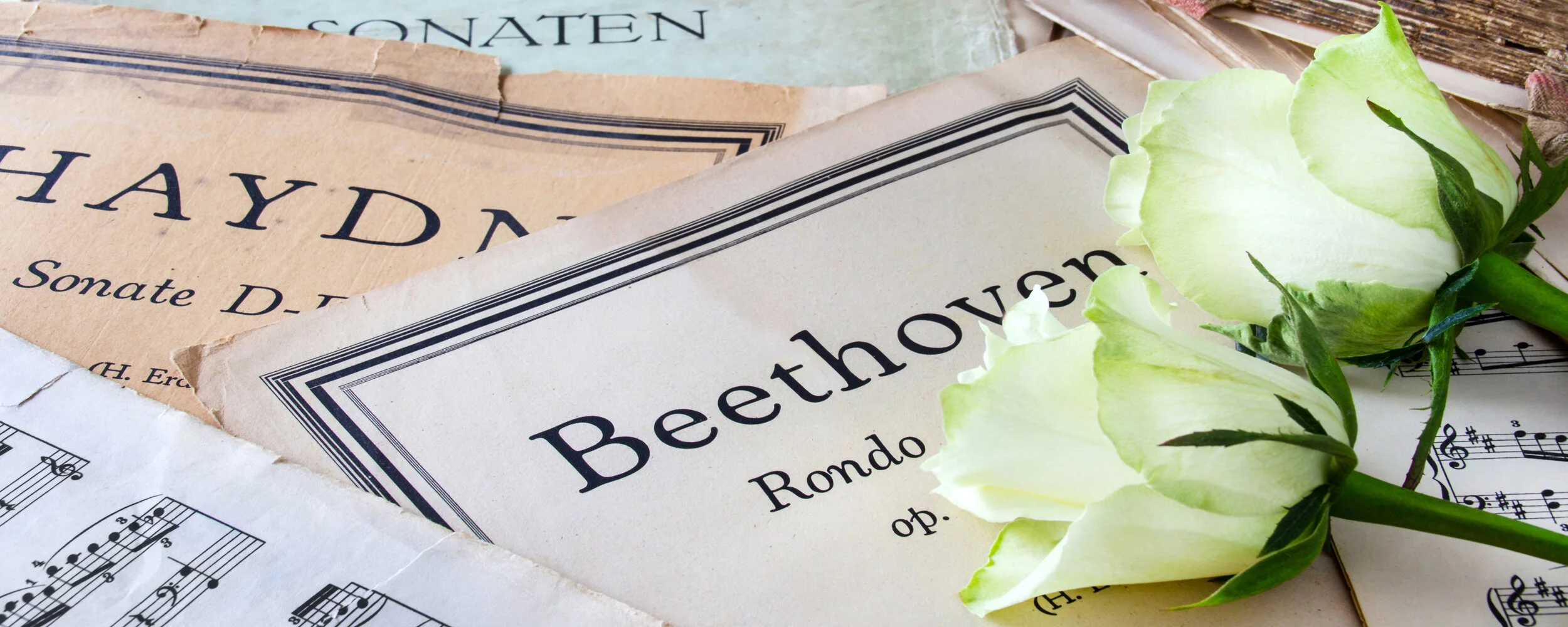Have you ever lost something quite precious to you? It is certainly unsettling and even frightening to contemplate that something we prized so very much could no longer be part of our lives. The loss can take the form of a valuable possession, a broken friendship or marriage or the loss of a child or parent. The gut wrenching feeling has a very physical aspect.
At an early age over a six-week span, I lost my mother, father and grandmother. (I spoke at each of their funeral services). I cite that period as the moment when I became an adult. I had always felt that if all went south, I could always return home. Now that was gone, total and complete. I felt terrified, not knowing where to turn. These three had been my anchors, providing perspective and wise counsel at every turn. The loss was hard and painful.
Over time, a new me began to emerge. I began to trust my own judgement on various matters and decisions. In an odd way, I felt more confident and grounded, empowered to go beyond the confines of their limited thinking. My imagination exploded and I began to fashion new initiatives and businesses. I began to see that risk, loss and change was my friend and not to be feared. What a surprise to discover that loss could be so utterly liberating.
In PathNorth, we frequently discuss the power of story. As Peter Buffett once told me, ‘we’re all born into someone else’s story.’ The stories we are born into powerfully shape us for good and for ill. Our stories determine who we are largely, but we can change that story with introspection and hard inner work. Yet it is challenging. In reality, loss can be the door to a deeper, better personhood.
A recent conversation between late night talk show host Stephen Colbert and CNN reporter Anderson Cooper demonstrated two ways of understanding loss and grief. While Cooper had disdain for all aspects of loss, Colbert saw it as a valuable aspect of the life journey, not to be feared, but embraced. In some regards, he echoed the sentiments of the 19th-century German philosopher Nietzsche when he said, “What does not kill me makes me stronger.”
The linked article by Arthur Brooks speaks to the notion that loss is not the end but the beginning of a new freedom to trust ourselves. As Beethoven’s hearing declined to zero, he experienced profound despair since his entire identity was about the music. He was deeply angry over this cruel fate of deafness; he was such a gifted composer. Without his hearing, he saw life as utterly meaningless and not worth living.
However, something unexpected began to take hold of Beethoven. His loss need not be a limitation but an opportunity to go beyond what society deemed great concert music. He lived in his imagination and composed for a new audience, not the prevailing sentiment of his age, but for himself. The results were truly breathtaking with his composition of arguably the greatest symphony of all times, the Ninth. It concludes with its stirring ending drawn from Schiller’s poem, ‘Ode to Joy.’
So consider what you consider loss...might this be an opportunity for you to reimagine your life in some regard?
Carpe Diem. Doug.

